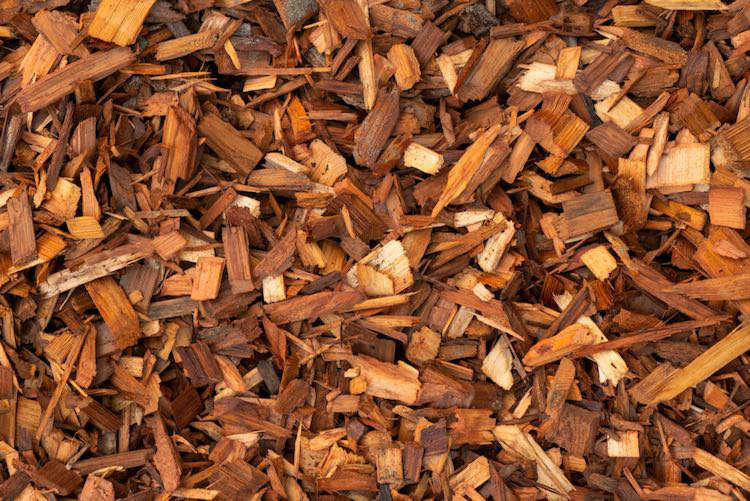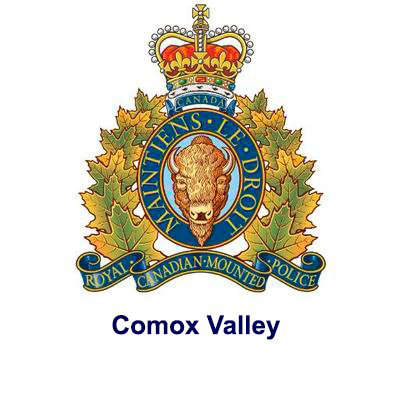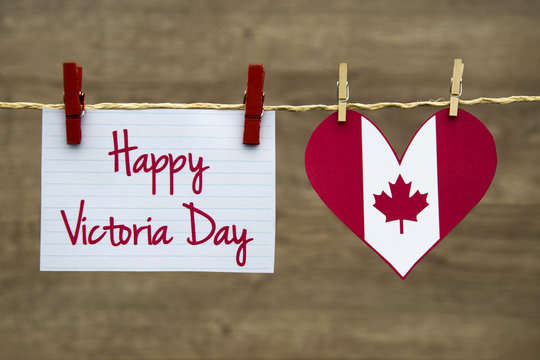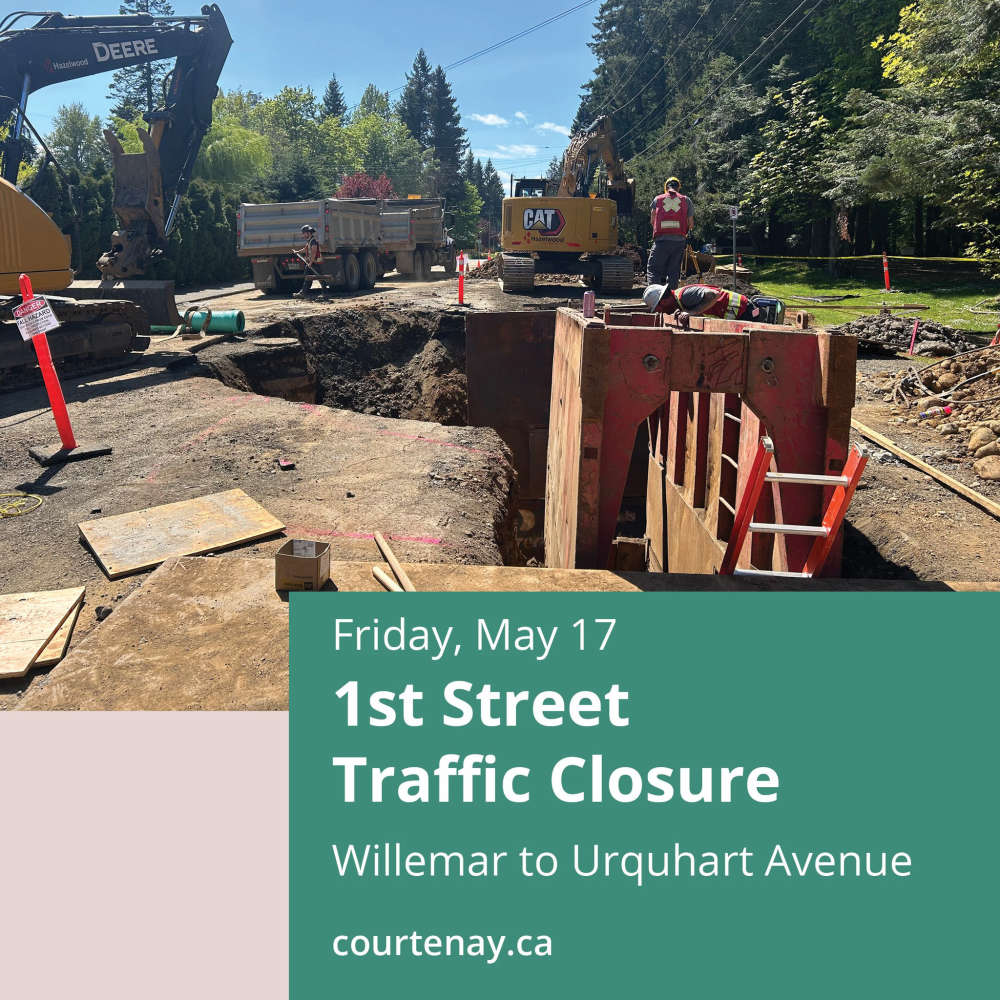
The Strathcona Regional District is accepting applications from community organizations that would like to use wood chips for public purposes.
Examples of uses that may be approved include erosion control on public trails and use in ecosystem restoration projects.
In September of 2023 the SRD plans to offer a free curbside wood debris chipping service to all road accessible properties in Electoral Areas A and D.
Additionally, a chipper will be staged at the Surge Narrows Bunkhouse on Read Island for residents to bring their woody debris in the month of May.
More information will be provided closer to the date for the preparation of this wood debris chipping service.
The SRD says it is aware that some community organizations would like to see the wood chips kept in their community rather than have them disposed of at another location.
This application method allows the SRD to reach an agreement between residents or organizations.
It’s not for backyard gardens - research into the role that different types of mulch and wood chips can play when influencing wildfire spread within a community supports a conservative approach to the redistribution of the wood chips in proximity to structures. So, it’s intended for larger projects, 100 metres away from homes.
Wood chips dry out faster and stay dryer longer than bark mulch and therefore present a higher threat than bark mulch from a garden centre.
If your community organization is interested in submitting an application, the deadline for submissions is April 14th, 2023. Visit Strathcona Regional District for more information.
 Comox Valley RCMP Say Teenager Found Safe, But Seeking 53-Year Old Missing Man
Comox Valley RCMP Say Teenager Found Safe, But Seeking 53-Year Old Missing Man
 Communities To Celebrate Victoria Day This Weekend
Communities To Celebrate Victoria Day This Weekend
 A Lot To Enjoy At The Comox Air Show This Weekend
A Lot To Enjoy At The Comox Air Show This Weekend
 Road Closure On 1st Street In Courtenay Today
Road Closure On 1st Street In Courtenay Today
 Historic Haida Aboriginal Title Legislation Receives Royal Assent
Historic Haida Aboriginal Title Legislation Receives Royal Assent
